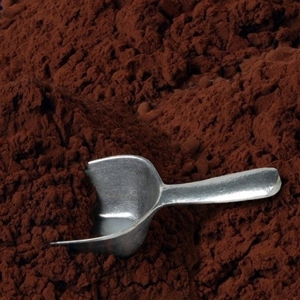Chocolate lovers rejoice! A new Harvard study reveals that regular ‘doses’ of Dark Chocolate can re-duce your risk of type 2 diabetes (T2D). But at the same time, researchers caution that all chocolates are NOT created equal…
What they did
According to the preamble to an abstract of the study report: “There is an existing body of research on the relationship between chocolate and T2D but findings have been inconsistent, and few studies have differentiated between chocolate subtypes (dark versus milk).”
The Harvard team data-mined the extensive information banks of the Nurses’ Health Studies I and II and the Health Professionals Follow-up Study. Over the course of 30+ years, 192,000 adult partic-pants who were free of diabetes at the study’s outset reported on their food habits.
By the end of the study period, nearly 19,000 of the total participants reported being diagnosed with T2D. Of the nearly 112,000 who reported specifically on their dark and milk chocolate intake, nearly 5,000 were diagnosed with T2D.
What They found
Key revlelations included:
- Participiants who consumed at least five ounces of any type of chocolate per week had a 10 percent lower risk of T2D compared to those who never or rarely consumed chocolate.
- Participants who consumed at least five servings of dark chocolate per week showed a 21 percent lower risk of T2D.
- Researchers also observed a 3 percent reduction in risk for every serving of dark chocolate con-sumed per week.
- Consumption of milk chocolate, meanwhile, was not associated with reduced T2D risk.
- Increased consumption of milk chocolate, but not dark chocolate, was, however, associated with long-term weight gain, a known potential contributor to the development of T2D.
The takeaway
“We were surprised by the clear split between dark and milk chocolate’s impact on diabetes risk and long-term weight management,” said the study’s corresponding author Qi Sun, associate professor in the Departments of Nutrition and Epidemiology.
“Even though dark and milk chocolate have similar levels of calories and saturated fat, it appears that the rich polyphenols in dark chocolate might offset the effects of saturated fat and sugar on weight gain and diabetes,” Sun hypothesized. “It’s an intriguing difference that’s worth exploring [further].”
My take
The study’s findings add to the growing collection of evidence that there’s much more to the chem-istry of Dark Chocolate than meets the eye!
~ Maggie J.


